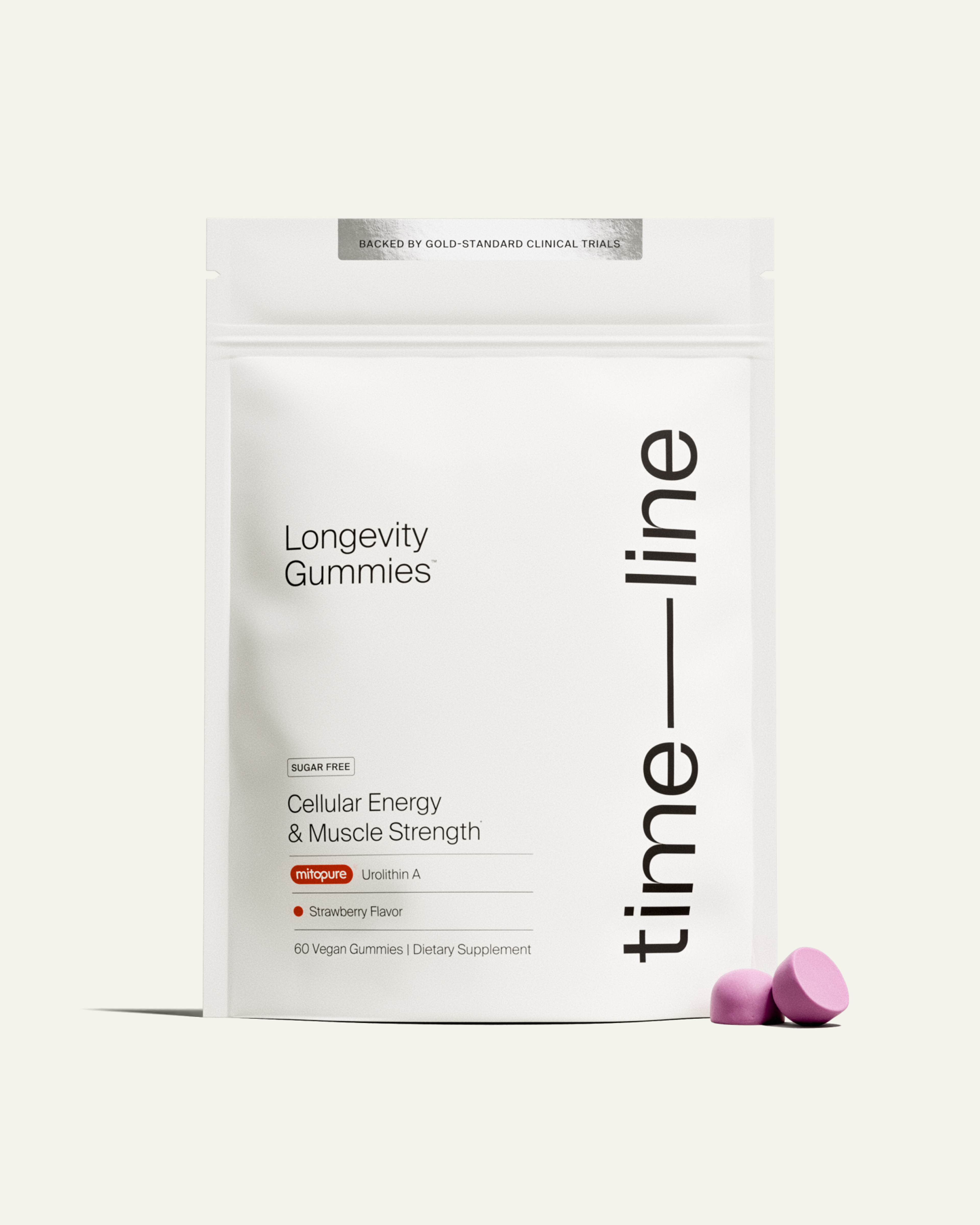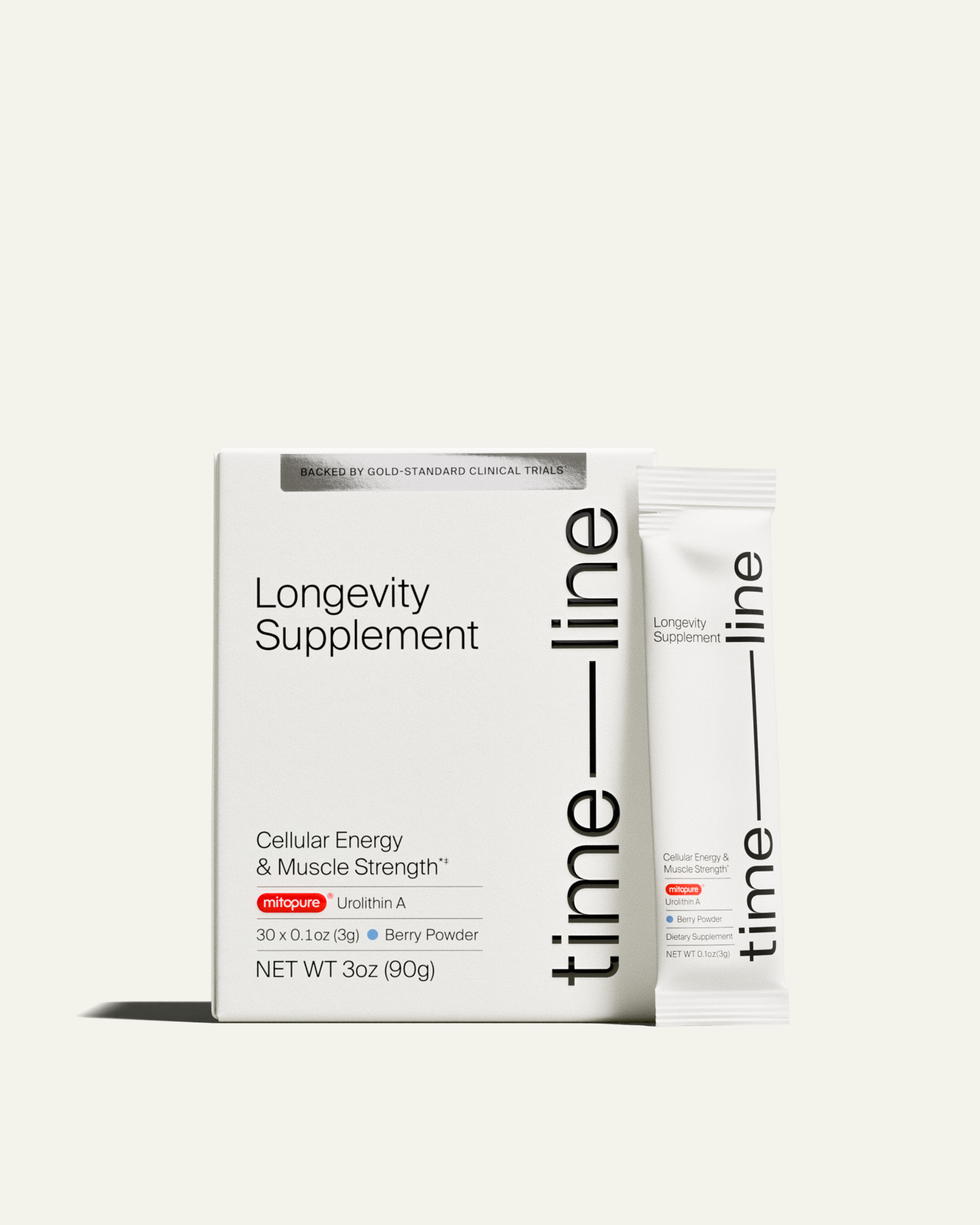The Science of Gratitude: A Path to Better Health
Delve into the science of gratitude and discover how this simple practice can significantly enhance your mental and physical well-being.

What to know
Gratitude is the feeling of appreciation and thankfulness for the positive aspects of life, including people, experiences, and circumstances
Research has demonstrated that practicing gratitude is linked to numerous mental and physical health benefits
There are several ways to practice gratitude, from simple everyday meditations to, volunteering and giving back to the community.
Imagine if there were a magic elixir that could elevate your mood, bolster your health, and strengthen your relationships — no fancy tools or expensive gadgets required. What if science told you it exists, and it's called 'gratitude'? This isn't just feel-good woo; it's a powerful emotion backed by compelling scientific evidence. From the neural pathways it lights up in our brains to the remarkable ways it can transform our bodies and social connections, gratitude is more than just good manners — it's a catalyst for holistic well-being.
What does gratitude mean?
Gratitude is more than simply saying thank you. Psychology Today defines gratitude as “a disposition (trait) or a state of feeling thankful for what we have in our experiences or circumstances.[1] With this definition, gratitude can be viewed as an emotion or response to an event, or it can be an innate tendency to appreciate life.
Is there a difference between thankful and grateful?
While these two terms are often used interchangeably, there is a nuanced difference between them. Being thankful is more of a conscious expression of thanks, whereas gratitude has an emotion tied to it.
No matter how you define it, science shows us that behaviors that help foster gratitude can bolster feelings of happiness and a sense of well-being.

Exploring the benefits of gratitude
The scientific inquiry into the realm of gratitude has uncovered a spectrum of measurable benefits, from bolstering mental health to positively impacting physical wellness, showcasing the substantial role this practice plays in enhancing overall human well-being.
Mental health benefits
The positive impact of gratitude on mental health is both profound and well-documented. Gratitude, by its very nature, shifts focus from negative to positive aspects of life, fostering an overall optimistic outlook. This shift has tangible effects on various aspects of mental well-being.
Satisfaction with life: Research into gratitude suggests that individuals who naturally focus on and remember life's pleasant aspects tend to be happier and more content with their lives. The effectiveness of gratitude in enhancing life satisfaction could be attributed to how it makes it easier to recall and recognize positive life experiences.[2]
Lower levels of depression: Research consistently shows that a well-established gratitude practice can play a significant role in lowering levels of depression. By acknowledging the good in life, individuals practicing gratitude can reframe the pessimistic and negative thought patterns often associated with these conditions.
A 2015 study found that those who initiated a gratitude practice, as compared to those in a control group, reported lower depressive symptoms and perceived stress.[3]
Strengthened resilience: Gratitude has been linked with enhanced resilience, helping individuals to recover more quickly from traumatic or stressful events. This aspect of mental fortitude is particularly important in facing life's challenges and is a cornerstone of good mental health. The act of recognizing and appreciating the positives, even in tough times, contributes to this resilience.[4]
Improved overall psychological well-being: Beyond specific mental health conditions, gratitude contributes to overall psychological health. It enhances feelings of joy, helps in developing patience, increases mental strength, and generally improves emotional well-being.[5]
In essence, integrating gratitude into daily life can be a simple yet powerful tool for improving mental health, helping individuals to develop a more positive and resilient mindset.
Physical benefits
There are numerous studies demonstrating the physical benefits of practicing gratitude.
One study conducted by scientists from the University of California, Davis, and the University of Miami, revealed that people who focused on gratitude, even in small ways, were more optimistic, exercised more, and had fewer doctor visits than people who focused on things that displeased them.[6]
A systemic review linked practicing gratitude with better sleep, lower inflammation, better glycemic control, and better blood pressure.[7]
Practicing gratitude may be an effective strategy to improve your physical health.

How to practice gratitude
Cultivating a feeling of gratitude may not come naturally to you, but practicing gratitude can enhance mental and physical well-being. Here are some examples of gratitude:
- Keep a gratitude journal: Regularly jotting down positive experiences can shift your focus from what's lacking to what's abundant in your life. Write down things you are grateful for each day. These can range from major events to the simplest daily pleasure.
- Gratitude meditation or prayer: Engage in meditation or prayer focused on feelings of gratitude. Reflect on the things and people you are thankful for. This practice can help center your thoughts, reduce stress, and promote a sense of peace and contentment.
- Incorporate gratitude in daily routines: Integrating gratitude into daily life makes it a habit and part of your regular thought process. Find moments in your daily routine, such as during meals or while commuting, to think about things you’re grateful for.
- Express gratitude to others: Actively expressing your appreciation to others can strengthen your relationships and reinforce your own feelings of gratitude. Try writing a thank you note, saying a kind word, or doing a gesture of thanks.
- Volunteer and give back: Volunteering can provide perspective, foster empathy, and boost feelings of gratitude.
- Take advantage of tech: Apps and online platforms dedicated to gratitude can provide reminders and structured ways to record and reflect on gratitude.
Practicing gratitude is a profound tool that can transform your outlook on life. By regularly acknowledging and appreciating the positives, you can enhance your mental well-being, improve relationships, and foster a more optimistic and resilient mindset.
Authors

Author
Director Science Communications

Reviewed by
Lead Regulatory Affairs & Scientific Manager Alliances at Timeline
References
- ↑
The Psychology of Gratitude | Psychology Today. Accessed November 9, 2023. https://www.psychologytoday.com/us/blog/hide-and-seek/201409/the-psychology-gratitude (https://www.zotero.org/google-docs/?pTVpiT)
- ↑
Wood AM, Froh JJ, Geraghty AWA. Gratitude and well-being: A review and theoretical integration. Clin Psychol Rev. 2010;30(7):890-905. doi:10.1016/j.cpr.2010.03.005 (https://www.zotero.org/google-docs/?pTVpiT)
- ↑
Cheng, Sheung-Tak et al. “Improving mental health in health care practitioners: randomized controlled trial of a gratitude intervention.” Journal of consulting and clinical psychology vol. 83,1 (2015): 177-86. doi:10.1037/a0037895
- ↑
Sa K, Me E, Hm G, Ll S, D D, Ae J. Does Gratitude Promote Resilience During a Pandemic? An Examination of Mental Health and Positivity at the Onset of COVID-19. J Happiness Stud. 2022;23(7). doi:10.1007/s10902-022-00554-x (https://www.zotero.org/google-docs/?pTVpiT)
- ↑
How Do Simple Positive Activities Increase Well-Being? - Sonja Lyubomirsky, Kristin Layous, 2013. Accessed November 21, 2023. (https://www.zotero.org/google-docs/?pTVpiT)
- ↑
Emmons RA, McCullough ME. Counting blessings versus burdens: an experimental investigation of gratitude and subjective well-being in daily life. J Pers Soc Psychol. 2003;84(2):377-389. doi:10.1037//0022-3514.84.2.377 (https://www.zotero.org/google-docs/?pTVpiT)
- ↑
Boggiss AL, Consedine NS, Brenton-Peters JM, Hofman PL, Serlachius AS. A systematic review of gratitude interventions: Effects on physical health and health behaviors. J Psychosom Res. 2020;135:110165. doi:10.1016/j.jpsychores.2020.110165 (https://www.zotero.org/google-docs/?pTVpiT)











